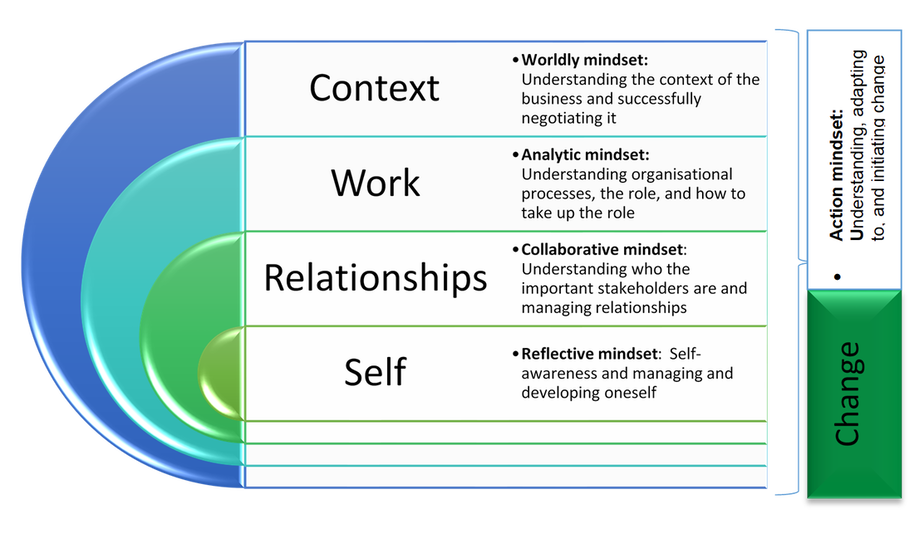Coaching Approach

My coaching approach draws on three psychological paradigms: Existentialism, Systems Psychodynamics and Positive Psychology. My personal philosophy with regards to coaching is that it is a one-on-one development intervention where the client gets the opportunity and encouragement to articulate their experiences, aspirations and points of view to an independent yet interested person. They can organise their thoughts, hear themselves, and be challenged to dig deeper to arrive at new insights, plans and perspectives. The opportunity exists to develop five different mindsets in leaders: reflective, collaborative, analytical, systematic/worldly, and action.
My style is people positive (I believe in the potential of people) and optimistic (I believe opportunities exist in abundance if we are willing to do the work to uncover them). I see coaching as a developmental approach and not a remedial one. I become a thinking partner to my clients by providing feedback (from assessments, or from observations representing ‘the other’ in coaching), supporting, challenging, asking thought-provoking questions, scenario planning, brainstorming, and developing different perspectives on an issue. This results in greater self-awareness and confidence, opportunity thinking, better decision-making and improved relationships.
My coaching model integrates the five life domains described by Gosling and Minzberg (Harvard Business Review, November 2003) as The Five Minds of a Manager: Self, Relationships, Work, Context, and Change.
My style is people positive (I believe in the potential of people) and optimistic (I believe opportunities exist in abundance if we are willing to do the work to uncover them). I see coaching as a developmental approach and not a remedial one. I become a thinking partner to my clients by providing feedback (from assessments, or from observations representing ‘the other’ in coaching), supporting, challenging, asking thought-provoking questions, scenario planning, brainstorming, and developing different perspectives on an issue. This results in greater self-awareness and confidence, opportunity thinking, better decision-making and improved relationships.
My coaching model integrates the five life domains described by Gosling and Minzberg (Harvard Business Review, November 2003) as The Five Minds of a Manager: Self, Relationships, Work, Context, and Change.
I make use of psychometric assessments if it is required and have found a few instruments helpful in coaching:
- EQi 2.0: Emotional Intelligence
- MBTI Step II: Behaviour Preference
- Enneagram: Drives and motivations
- The Leadership Circle: 360° leadership feedback.
- I also tailor-make 360° feedback to suit the needs of my client.
